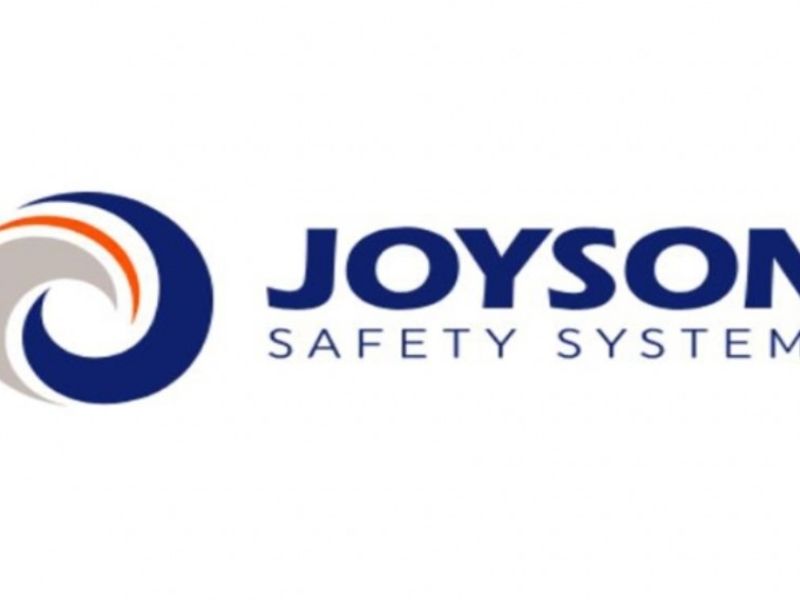
After years of cleaning up the recall crisis over faulty Takata airbag inflators, the company that now owns the former supplier’s factories is taking that cleanup to its core.
Joyson Safety Systems, the airbag producer owned by China’s Ningbo Joyson Electronic Corp. but globally headquartered in suburban Detroit, is introducing a strict new operating system at its more than 50 plants, requiring local managers to adopt standardized quality and reporting practices and waste- reduction programs.
It is a long-term rollout of a new rulebook that began last year under the direction of Detroit supplier veteran Silvano Restiotto, vice president of the Global Joyson Production System. With a small team of administrators, Restiotto is moving plant by plant, from Brazil to Hungary to China to Mexico to the U.S., to convert all of the company’s plants — and possibly its 12 global engineering centers — to the new system.
“When we bought Takata in 2018, we knew we needed to make an impact fast,” said Restiotto, whom Joyson recruited from a career of quality and manufacturing posts at TI Automotive, Lear Corp., Continental, Benteler Automotive and Martinrea International. “We can’t change the past. We can only change our present and our future. So who do we want to be? We want to be a company with a compliance-focused culture, and we want to embed that across our operations.”
Restiotto’s team has so far worked with only 18 plants. It has certified 15 of them for a successful adoption, sending the other three back for more work. And those 18 are the company’s best plants, Restiotto freely acknowledges. Joyson intentionally started the conversion with its top-performing plants to accumulate best practices that might help it convert its more problematic plants in the months ahead.
The group recently presented early findings to Joyson’s senior management showing that the first 15 plants have reduced scrap levels, posted higher cost-savings figures and generated more employee ideas on future cost reductions, Restiotto said. He declined to release specific data.
The past gaffes of Takata — a Japanese supplier that grew fast in the late 1990s and early 2000s as global automakers clamored for its cleverly designed, cost-effective airbag modules — continue to haunt Joyson. Joyson, formerly known as Key Safety Systems, purchased Takata’s assets for $1.6 billion in 2018.
Just last week, NHTSA said it is investigating a new wave of possibly flawed airbags in older-model vehicles, once again linking Joyson to past Takata problems, regardless of what NHTSA’s investigation determines.
Joyson recognizes that it will be continually linked to the drawn-out Takata crisis, which has resulted in 63 million airbag inflators being recalled and has been linked to 26 deaths worldwide over the past decade.
Remaking the culture of the factories that made those products will take time, Restiotto said. But remaking any manufacturing culture takes time, said Michelle Hill, vice president for Oliver Wyman’s automotive and manufacturing industries practice in Detroit.
Hill consults with auto companies on establishing lean manufacturing practices. The Joyson effort is to get employees and managers on the same page for following standardized work steps, reducing material waste and systematically improving product quality.
“It’s a tough task,” Hill said of factory transformation in general. “You enter into this mission often making the people at a plant feel threatened, feel like their jobs are in jeopardy and feel guilty for past problems. You have to get past that psychology to get a plant enthusiastic about change.”
Hill said the task of introducing that new mindfulness also requires endless attention.
“There will always be the danger, at any plant, that as soon as management takes its foot off the throttle, progress will stop and things will go backwards,” she said.
Restiotto has already overcome an unexpected challenge in rolling out the new plant systems: the COVID-19 pandemic.
The first plant audits were undertaken through on-site visits, where inspectors could freely visit face-to-face with plant personnel, linger over production-line stations to observe and ask questions.
But with the safety protocols in place because of the pandemic, that was no longer possible. Restiotto and his team now meet via Zoom and observe workstations via cellphone cameras.
“It’s clearly not the same,” he said, “but we’re making it work. It’s very important that it work. And it will.”

